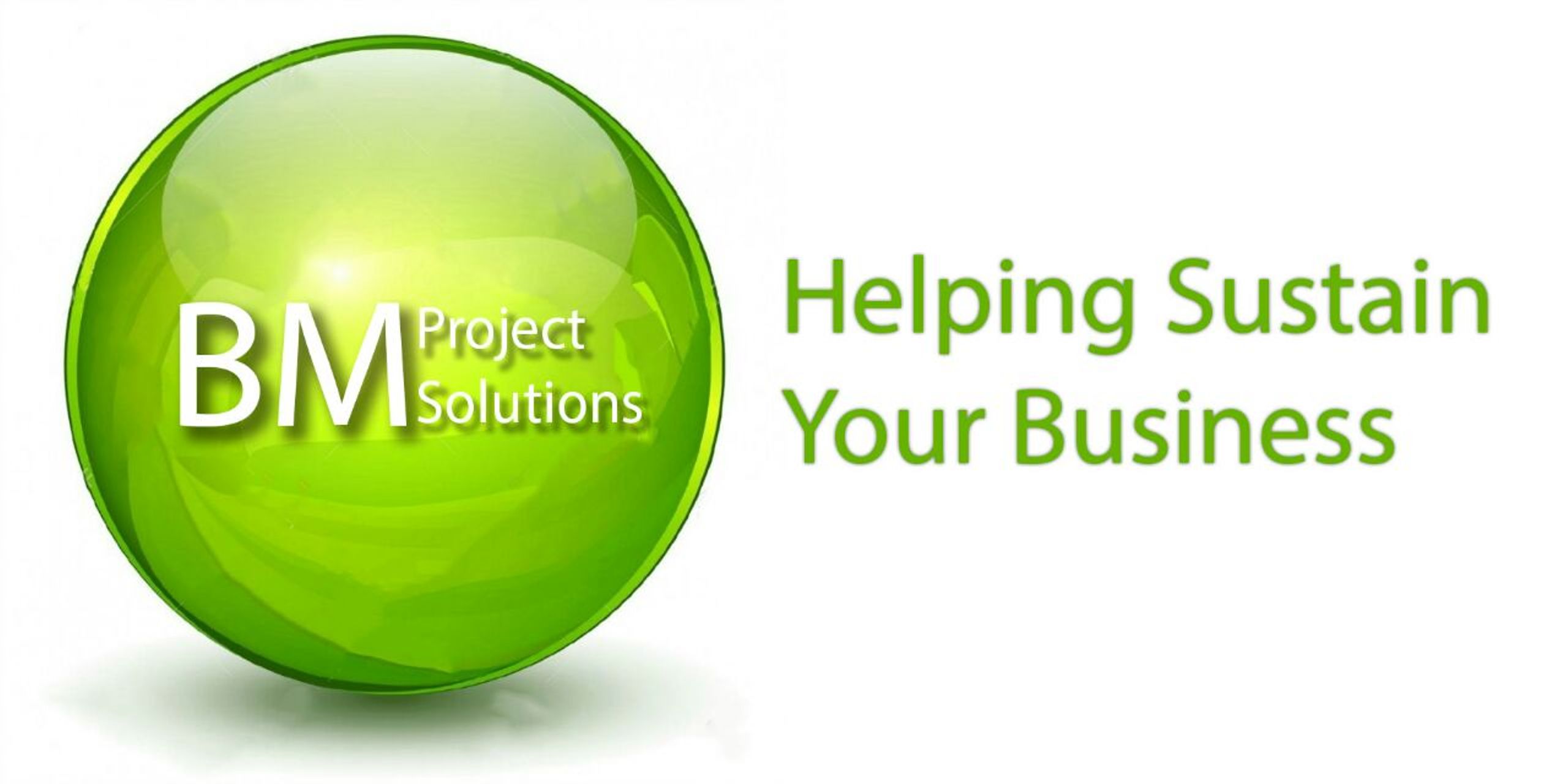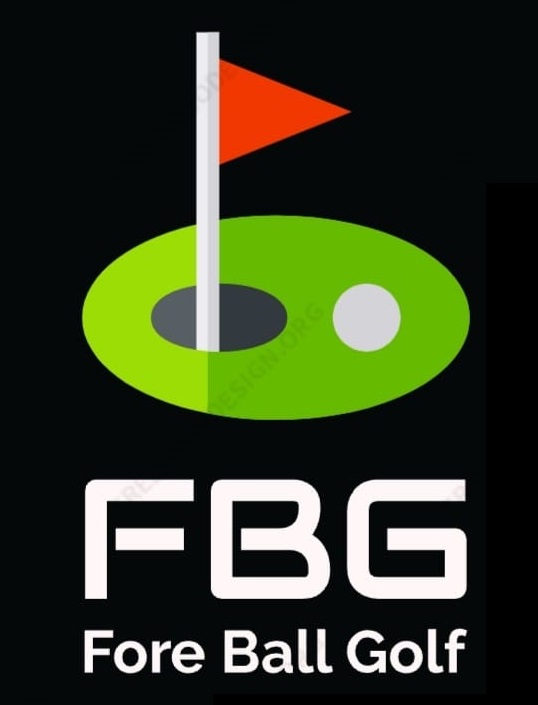What is Human Resource Management? How important is it to have Human Resource Management within ones organisation?
Let us explore the role and function or Human Resource Management within an organisation. We will demonstrate how Human Resource Management and Line Management need to work together to achieve one common goal.
The effectiveness of Human Resource Management on how they deal with Talent Management and Employee Engagement will also be explained. Stress Management, Emotional Intelligence, and Employee Engagement will be critically analysed. How employees manage their stress in the work place is important as this determines how well they perform. Emotional Intelligence (EQ) is something all Human Resource Management departments need to incorporate in their recruitment process. Employee Engagement needs to be one of the top priorities of Line Managers and needs to be executed effectively.
With all the above considered and critically analysed we will then be able to explain what Human Resource Management is.
The role of the HRM (Human Resource Management) is to ensure that the organisations Vision and Mission is applied and achieved within the organisation. Human Resources have three objectives which they need to achieve;
- Vision and Mission for the organisations success. This ensures that all objectives and goals set out by senior management and business directors are achieved
- How employees and employers adapt to each other to the advantage of both parties. This will help create an environment where the employee is satisfied with what the employer has offered in terms of workload versus remuneration. Many a time this is the case where the employee feels overworked and underpaid.
- Support Line Managers in the execution of their tasks and management of people. This helps managers understand their staff better as Human Resources would have provided feedback received on various analysis done one of which is Emotional Intelligence.
Human Resources have 7 important functions which they need to execute. The functions include Provisioning, Planning, Recruitment, Selection, Placement, Induction and Career Management. These functions include some form of input from line managers all the way to directors.
BM Project Solutions confirms that Human Resource Management is a key contribution factor to the organisations success and achievements. They ensure that the organisation has the right employee with the correct qualifications executing the correct function or role. Human Resources within the authors’ organisation also ensure that career development is implemented and available for all employees.
Human Resources are present in all meetings involving structural change within the organisation. This allows Human Resource Management to confirm the ideal candidate’s management is requiring filling the role or function. This will assist with easier job profile requirements in terms of Qualifications and Skills needed. They will be able to forecast the number of employees required and whether they should be permanent or temporarily employed.
Line Managers need to work in line with Human Resource Managements value chain. For example, Human Resource has a “Selection” function, which requires them to select the ideal candidate for the role. Line Managers will conduct the interview with the selected candidate and inform Human Resource Management if they are happy. This will result in Human Resources drawing up the necessary contracts for the candidate to sign.
Line Managers need to manage people and assist with career development. This will include identifying an employee with a unique set of skills which can contribute to the greater good of the organisation. In this case, the Line Manager will discuss the additional skills the employee has and the value which he/she can add to the organisation. This results in career growth and job satisfaction for the employee.
The Line Manager is also tasked with ensuring that the Human Resource and Business strategies are implemented. They need to manage people by ensuring they perform the functions they were hired to do and not something completely different.
Effectiveness of HRM Strategies
Talent Management should commence from the first day the employee starts with the organisation. The reason would be to ensure that the employee does not feel under-utilized and decides to leave the organisation. Human Resources need to keep track of the employee’s career development plan and monitor the employee holistically to ensure that the goals set out have been achieved. Should the employee achieve their goals then remuneration is not the only thing that retain the employee. They need to move into different divisions in the organisation to grow and develop further.
Human Resource Management provides the organisation with employees who have gone through learning and development courses. These courses enhance employee’s skills and ensure that they are always up to date with what their role requires from them. This helps keep employees motivated and optimistic about positive future changes which may arise. In these cases, employees will not feel the need to look for other opportunities externally as they find satisfaction within the organisation.
Human Resource Management need to ensure that work is enjoyable and employees look forward to attending work. This does not mean that everyday should have an activity, outing or a team building activity. What this means is that employees are happy when the people they work with share the same ethical behaviour and values. Employees lose motivation if some of their colleagues do not perform or are not as productive as they are. This puts more strain on the employee who really enjoys coming to work and is motivated to see the organisation progress. However, this can be short-lived as these employees will then start looking for better opportunities and will move to another organisation the moment the opportunity presents itself.
“Employee Engagement is driven from the Line Manager. In order to have successful engagement with their Subordinates, Line Managers need to ensure that five important things are done within the team” (Markos, S and Sandhya Sridevi, M. 2012);
- Align efforts with organisations strategy
- Empower staff
- Encourage teamwork
- Help staff with growth and development
- Support staff and provide recognition
BM Project Solutions believe that Employee Engagement starts from the top within his organisation. Leading by example is an important factor within the organisation and filters from the top all the way down to the last subordinate.
Communication is important and allows employees to engage effectively with the organisation as they are the ones who perform the tasks required. Seeing that they carry out the various tasks daily, they can contribute to future strategies effectively as they have specific information regarding the improvements needed. This leads to innovative thinking and employees are therefore allowed to help the organisation move forward.
- Human Resource Management need to ensure that communication within the organisation is carried out effectively. One-on-One discussions are a great starting point to interact on a more personal level with employees. This will show that Line Managers care about their subordinates and that they are interested in their personal goals and career aspirations. If employees are informed of their positive performance and productivity they will feel important to the organisation and will therefore show more commitment to their roles.
- Learning and development can motivate employees to reach their goals and career aspirations. This will indicate to the employee that the organisation has shown interest in them and can lead to a possible future move within the organisation. Line Managers can therefore identify certain skills in the employees which can benefit both parties. Employees will see that the organisation is investing in their future so they will therefore ensure to stay longer with the organisation and continue being productive. This will then allow the organisation to retain the talents of these unique employees and will not need to recruit new staff all the time.
- Reward and Recognition is important within any organisation, whether it be done on a monthly, quarterly or yearly basis. Employees feel more motivated when they are recognised and sometimes the reward can be as simple as a “Thank You or Well done” and not always a monetary reward. Some employees just need that whether you recognised them in a team meeting or in their One-on-One, if they feel appreciated. Employees can also be motivated if they are made aware that the success of the organisation depends on them just as much as it depends on you as their Line Manager. This will drive employees to start thinking innovatively and come up with ideas on how to work even smarter in moving the organisation forward.
The intension of Emotional Intelligence being implemented in the workplace, is to assist Human Resource personnel understand employees better. This allows Human Resources to evaluate and assess people’s behavior, attitudes and interpersonal skills. The reason for the evaluation or assessment is to align specific roles within the organisation to specific individuals.
Job profiling is that, one cannot have a person with an outgoing personality in a Filing Clerk position. This individual should be placed in a more client facing role such as the Call Centre or groomed to become a Private Banker or Marketing Manager should they have the necessary qualifications.
(www.businessballs.com, 2000-2014) “Success requires more than IQ (Intelligence Quotient), which has tended to be the traditional measure of intelligence. We’ve all met people who are academically brilliant and yet are socially and inter-personally inept. And we know that despite possessing a high IQ rating, success does not automatically follow”.
BM Project Solutions therefore believes that having the right person in the right role at the right time is an important process for Human Resources and Line Managers. A leader with a very strong personality should oversee a Call Centre as they will be able to manage people on a scheduled basis and time management. A leader who prefers to lead from behind will oversee people who can manage their time and commitments effectively as well as work independently. According to the reference above “High EQ (Emotional Intelligence) = low insecurity = more openness. This will allow for better leadership, trust and job satisfaction.
Importance of Employee Engagement
What is Employee Engagement? The author understands that it is a two-way relationship between the Employer and Employee. The Employer has the responsibility of motivating and empowering their employees. The Employees on the other hand are responsible for applying themselves to the various roles allocated to them. There are four ways Human Resources can improve employee engagement. These consist of Company “coolness”, Relationships with Bosses, Loyalty versus Freelancing and Changing Motivations.
(www.ceridianblog.wordpress.com, 2013) “If a business is successful, its employees will be happier”. Employees want to work for an organisation which is growing fast in a sustainable manner.
(www.ceridianblog.wordpress.com, 2013) “If employees have solid relationships with their superiors, they’ll work hard to give them quality production”. As we stated earlier, engagement is a two-way relationship. We believe that if some superior shows the same amount of concern to all the subordinates within the team, there will be less unhappiness. Favoritism and Discrimination can de-motivate employees in such a way that their performance decreases. We all know how the saying goes, “what’s good for one is good for all”.
(www.ceridianblog.wordpress.com, 2013) “Some may prefer to do some freelance work on the side rather than work solely for one employer”. As generations have progressed, individual mentality including wants and needs have progressed as well. Today it is all about the money. There are younger Private Client’s in banks these days then there are elderly. The reason for this is due to education and hard work. They are so determined to make it in the world that while working for an Employer; they are busy starting their own venture on the side. BM Project Solutions believes that the older generation is an asset to the organisation. They are the ones who stick around when things get a bit tough and will put in the extra hours to ensure the company succeeds.
(www.ceridianblog.wordpress.com, 2013) “Younger workers are highly ambitious and want to advance their careers, while older individuals have other priorities in life, such as working on their marriages or raising their children”. Younger Employees want to enter an organisation and attempt to reach the top as quick as possible. Money will play a factor in determining how long they stay or how happy they are. If this does not happen in the set timeframe they have given themselves they will leave the company for better opportunities and most of the time for a higher salary. Your older generation is the ones who will work according to the career development plan they have set out for themselves, and will be much happier in their roles as they progress.
BM Project Solutions confirms that in a Human Resource Management role, an EQ (Emotional Intelligence) assessment is vitally important to an organisation. This works hand in hand with Employee Engagement as you will now be able to recruit the correct person who wants to join your organisation, and know what their intensions are. This is vital as you can now forecast when you will need to start recruiting again and what kind of candidate the organisation requires.
Managing diversity means acknowledging people’s differences and recognizing these differences as valuable. Therefore, the role of Human Resource Management is to ensure that there is no discrimination, biasness and inequality within the organisation. These are merely two aspects Human Resources deal with on a day to day basis.
Take the above into consideration when advertising a new position in the organisation. Human Resource Management will need to ensure that the role is fit for any person willing to apply. This means that should you be white, black, purple, or green, you deserve the opportunity to apply for the post. Should you have a disability or be of a different religion, you deserve the opportunity to apply for the post. Human Resource Management must ensure that when advertising the position, it clearly outlines what they are looking for in terms of Race, Gender, etc.
An example of this would be Islamic Banking. We first thought that Islamic Banking was only for Islam, however, it is open to anyone who wishes to bank with them. This means that they could probably recruit people of different religions which will add a different culture within the organisation with more diversity.
Diversity will always bring its challenges to the organisation. The only thing is for people to take the time to learn about various cultures to understand their peer’s reasons for their actions. Team Building can add value and fun to learning about each other’s religious beliefs and cultures. This will make the workplace a better place and environment for all.
Conclusion
So, what exactly is Human Resource Management? What makes a good Human Resource Management team? To be an effective Human Resource Manager, you need to be able to sell the Vision and Mission of the organization. They need to ensure that the goals and strategy set out by Exco is achieved.
Human Resource Management also needs to work well with Line Management. They need to support Line Managers in managing the employees which will be selected to perform the relevant tasks required. Line Managers on the other hand need to ensure that the strategies of Human Resources are carried out by the Employees. Human Resource Management needs to ensure that Talent Management as well as Employee Engagement is implemented. This will help them retain Talent and ensure that staff is happy. BM Project Solutions has confirmed that Employee Engagement is a two-way street in terms of communication. Management need and Human Resources need to ensure that staff is well informed of the organizations goals and strategies. They also need to be recognized for their hard work and performance.
A great Human Resource Manager will practice all of the above. They will be involved from the time they start their selection process to the time the employee is placed in his/her role. They will ensure that Line Management and employees are engaging effectively and both parties are benefiting from the relationship. A great Human Resource Manager will keep staff motivated in their role and possible growth opportunities.





